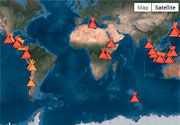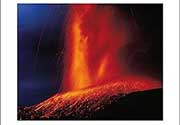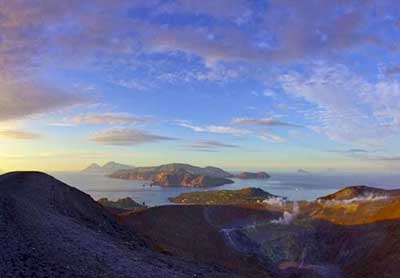Support us - Help us upgrade our services!
We truly love working to bring you the latest volcano and earthquake data from around the world.
Maintaining our website and our free apps does require, however, considerable time and resources.
We need financing to increase hard- and software capacity as well as support our editor team.
We're aiming to achieve uninterrupted service wherever an earthquake or volcano eruption unfolds, and your donations can make it happen! Every donation will be highly appreciated. If you find the information useful and would like to support our team in integrating further features, write great content, and in upgrading our soft- and hardware, please
make a donation (
PayPal or
Online credit card payment).
Planned features:- Improved multilanguage support
- Tsunami alerts
- Faster responsiveness
Thanks to your past donations, these features have been added recently:
- Design upgrade
- Detailed quake stats
- Additional seismic data sources
Download and Upgrade the Volcanoes & Earthquakes app to get one of the fastest seismic and volcano alerts online:
Android |
IOS Thank you!


